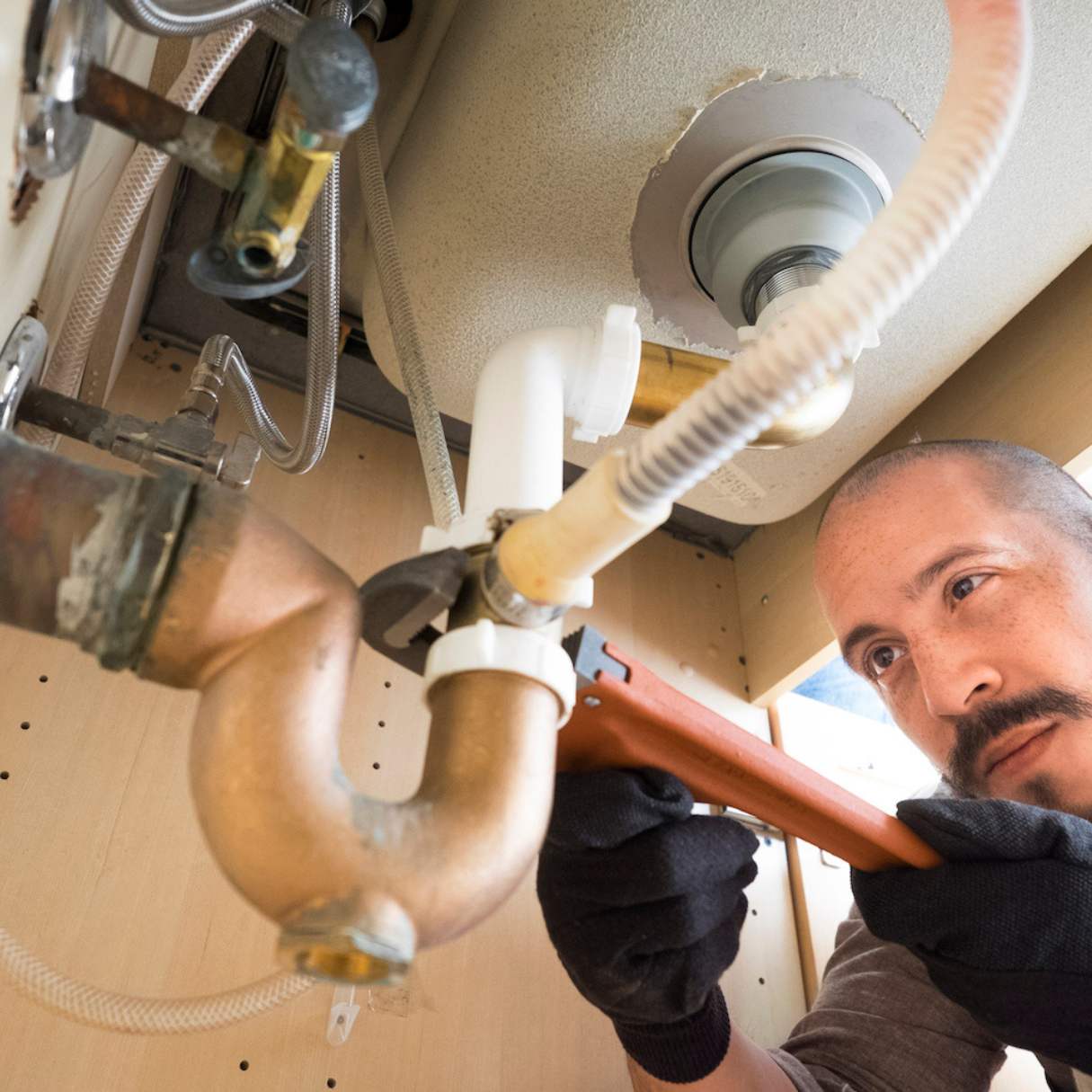Tips on How to Handle Your Bathroom Plumbing: Advice for First-Time Home Buyers
Tips on How to Handle Your Bathroom Plumbing: Advice for First-Time Home Buyers
Blog Article
This post further down about Smart Plumbing Tips for New Homeowners is indeed informative. You should keep reading.

For new homeowners, understanding and keeping washroom plumbing can conserve both money and time by avoiding pricey issues down the line. Below are some vital bathroom pipes ideas to help you maintain every little thing running efficiently.
Plan For Winter
Protect your pipes from freezing during winter by shielding pipelines in unheated areas like basements, attics, and garages. During extreme cold, let cold water drip from faucets served by subjected pipelines to help stop cold.
Schedule Normal Upkeep
Think about scheduling yearly examinations with a certified plumber. They can detect problems that you may miss, such as surprise leaks or wear and tear on pipelines and fixtures. Regular upkeep assists expand the life of your pipes system and can protect against emergencies.
Familiarize Yourself with the Key Shut-Off Valve
Recognizing where the main water shut-off shutoff is located in your house is essential. This permits you to promptly switch off the water supply in case of significant leakages or throughout plumbing emergency situations, protecting against comprehensive water damage.
Regularly Examine for Leakages
Small leakages can cause huge problems. On a regular basis examine under sinks, around commodes, and near pipes fixtures for any kind of indicators of leaks. Seek dampness, tiny drips, or corrosion. Catching and repairing leakages early can avoid a lot more significant damages and conserve water.
Preserve Your Hot Water Heater
Guarantee your water heater is readied to a suitable temperature (normally about 120 degrees Fahrenheit) to stop scalding and reduce energy usage. Flush the storage tank every year to get rid of sediment accumulation, which can minimize the performance and life-span of your heating system.
Upgrade Your Fixtures
If your home has older fixtures, think about updating to much more effective designs. Modern bathrooms, showerheads, and faucets are developed to utilize less water while supplying good stress, which can dramatically reduce your water costs and environmental impact.
Be Cautious with DIY Plumbing Repair Works
While it's appealing to handle all home repair services by yourself, be cautious with plumbing. Some concerns may require professional expertise, specifically if they entail major water lines or sewage system repair work. Employing a professional can sometimes be a lot more affordable than DIY, specifically if it avoids further damage.
Don't Overlook Slow Drains
If your sink or bathtub is draining slowly, it's usually an indicator of a blockage forming. Resolving this early can prevent a full clog. Utilize a plunger or a plumber's serpent to clean out debris. Stay clear of making use of chemical drainpipe cleaners as they can harm your pipes with time.
Know What Not to Flush
Bathrooms are not garbage disposals. Prevent purging anything apart from toilet paper and human waste. Things like wipes, womanly hygiene items, and cotton swabs need to be thrown away in the trash to stop clogs and sewage system backups.
Mount Strainers in Drains
Place filters in your sink and tub drains pipes to catch hair and various other debris before they enter your pipes system. Cleaning the filters on a regular basis will help stop buildup and keep water moving freely.
Verdict
Comprehending and keeping your home's restroom pipes can protect against numerous usual issues. By complying with these important pointers, you can ensure your washroom remains practical and reliable, saving you time and money in the future.
Essential Plumbing Tips for Homeowners: Keep Your Pipes Flowing Smoothly
As a homeowner, understanding the basics of your plumbing system can save you time, money, and a lot of headaches. Plumbing issues can range from minor annoyances like dripping faucets to major problems like burst pipes that cause significant damage. This guide provides essential tips to help you maintain your plumbing system and tackle common issues.
Understanding Your Plumbing System
Supply System: Brings fresh water into your home from a municipal source or a well. Drain-Waste-Vent System: Removes wastewater and vents sewer gases outside. Fixtures and Appliances: Includes sinks, toilets, showers, dishwashers, and washing machines. Basic Maintenance Tips
Regular Inspections: Periodically check for leaks, corrosion, and other signs of wear and tear. Look under sinks, around toilets, and near water heaters. Know Your Main Shut-Off Valve: In case of a major leak, you’ll need to shut off the water quickly. Ensure everyone in your household knows where the main shut-off valve is located. Prevent Frozen Pipes: In cold climates, insulate exposed pipes and let faucets drip during extreme cold to prevent freezing. Use Strainers: Install strainers in sinks and tubs to catch hair, food particles, and other debris that can cause clogs. Common Plumbing Issues and Solutions
Clogged Drains:
Prevention: Avoid pouring grease down the drain and use drain screens to catch debris. DIY Fix: Use a plunger or a plumbing snake to clear minor clogs. For stubborn clogs, a mixture of baking soda and vinegar can sometimes help. Leaky Faucets:
Prevention: Replace washers and seals regularly. DIY Fix: Turn off the water supply, disassemble the faucet, and replace worn parts.

View Report this page